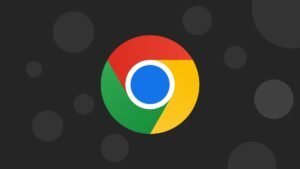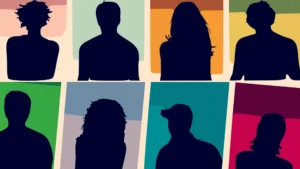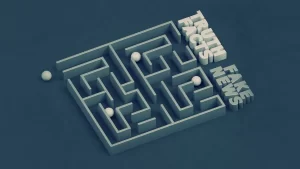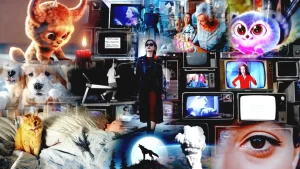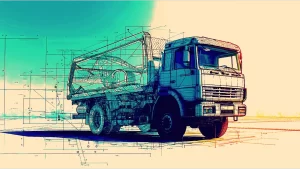
The Battle of Technology and People at Work In our ever-changing world of technology, there’s a lot of talk about artificial intelligence (AI) and human intelligence. People wonder how they fit into work as AI becomes more important. From making things to running big companies, AI has changed how things work. This raises questions about whether people or AI are doing better in finding jobs.
AI’s Growth: AI is growing really fast and it’s changing how things are done in many areas. It’s good at handling lots of data, learning from patterns, and doing tasks with great accuracy. This has made big changes in fields like healthcare, money, and how things are moved around. AI-driven automation has made work smoother, making things faster and cheaper for businesses. Things that needed human brains before, like looking at tricky data or doing complex math, are now done well by AI.
Businesses are using AI more to do routine jobs. This lets people focus on more important work that needs creativity, smart thinking, and understanding emotions. Jobs that need doing the same things over and over are getting done by machines. This makes some worry about losing their jobs.
People’s Skills: Even though AI is getting better, human brains are special because they can adapt, be creative, and understand emotions. Things like making smart choices, understanding others, and solving hard problems are things humans do well. AI is good at specific things, but people are better at handling situations that don’t have clear rules.
When people and AI work together, it creates new chances for making new things and growing. Teams where AI helps people are becoming more common. Companies know it’s important to have people who are good at thinking, understanding emotions, and can adjust to new things. These are skills that people have and are key to making new ideas.
Changes in Jobs: Getting Better or Losing Out?
A lot of worry about AI is about losing jobs. Jobs that can be done the same way every time might be done by machines, changing how jobs are described in different fields. But just thinking AI will take away human jobs misses how things can change. As some jobs go away, new kinds of jobs appear that need human skills.
Also, because of AI, new jobs are made in areas connected to AI. Jobs focusing on developing AI, making sure it’s used fairly, and looking after it are growing. This means there are more chances for people who know how to handle AI systems. There’s a bigger need for people who can manage, explain, and use AI, showing a change in jobs rather than losing them.
The big question is: how can people and businesses use AI well while keeping the best of human skills in work? The answer is to make AI and human brains work together. Schools need to teach kids skills that go well with AI—mixing technical skills with creativity, understanding emotions, and being able to adjust.
Companies have a big role in making a culture that pushes for learning and getting better. Accepting AI means making sure people can learn new things and get better at what they do. Companies that invest in teaching skills that are unique to people will stay flexible in a world where AI is important.
In Conclusion: The race between AI and human intelligence isn’t about one winning over the other. It’s about them working together, giving chances for new ideas and growth. While AI is good at some things, human skills like creativity, understanding others, and adjusting to new situations keep moving us forward.
The future of work depends on using both AI and human skills together. This mix helps workers handle the challenges of a world driven by AI, growing new ideas, and making sure different industries keep moving ahead. In this time of change, the winner in the job race isn’t just one—it’s the teamwork of AI and human skills, shaping a future where new ideas bloom and human possibilities are endless.





